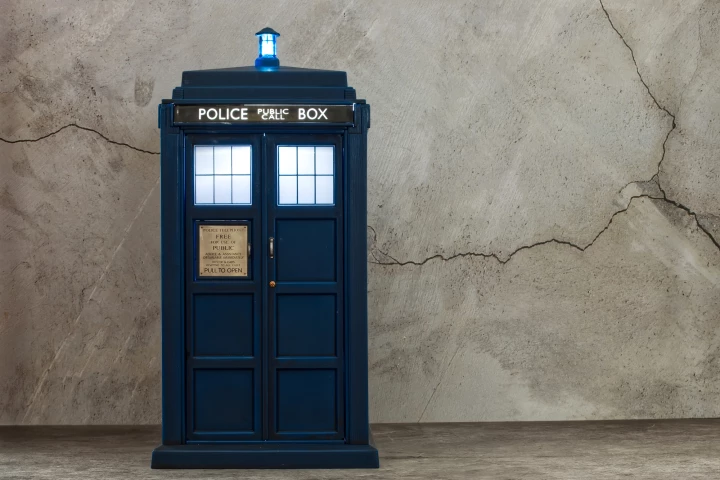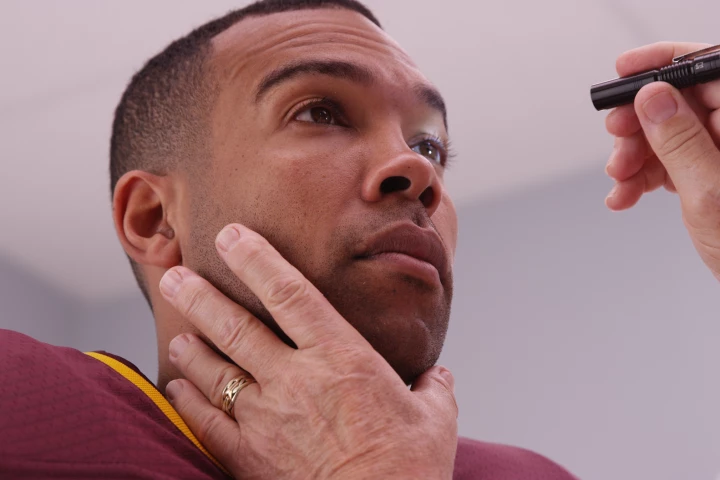University of Birmingham
-
Nitrous oxide, known as laughing gas, has shown rapid antidepressant effects in people with depression, with symptoms easing within hours of inhaling it. The treatment involves breathing in a mix of nitrous oxide and oxygen for up to an hour.
-
Sitting has often been referred to as the new smoking thanks to its negative health benefits. For the first time ever, according to researchers in England, the flavanols in cocoa have been found to block its detrimental effects on blood vessels.
-
Signs of immune system aging appear years before rheumatoid arthritis takes hold, offering new hope for early diagnosis and treatments that could slow or stop the disease before it starts, according to new research.
-
A new study has found that antidepressant resistance is more common than was thought: 48% of people have tried at least two medications without effect, while 37% have tried four or more. It suggests a need to rethink current treatment approaches.
-
Reliability and longevity may once have been among the most common reasons for not owning an electric vehicle. But a new study claims that battery-powered electric vehicles are now equally reliable – and can run for longer – than conventional vehicles.
-
The first direct visualization of the shape of a photon has been created. These particles of light are impossible to photograph, but UK physicists have now calculated their wave function to produce an accurate image of a photon as it’s emitted.
-
People with photosensitive epilepsy could soon be able to watch TV without worry. Scientists in the UK have created glasses that can block out specific wavelengths of light known to cause seizures.
-
Applying red-light therapy to a damaged spinal cord protects and regenerates nerve cells, leading to a return of motor and sensory function, according to new research. The treatment could expand limited treatments for people with spinal cord injuries.
-
Researchers from MIT and the University of Birmingham (UB) believe that they've cracked the formula for detecting habitable planets using currently available technology. It all has to do with an exoplanet's levels of carbon dioxide and ozone.
-
A new study has found a strong association between 'Doctor Who' episodes aired between Christmas and the New Year and a reduction in mortality rates in the subsequent year, suggesting that watching a doctor who cares encourages health-seeking behavior.
-
Far beyond concerns about waistlines, reaching for fatty foods during stressful times can have a dangerous impact on cardiovascular function and then significantly impair our body’s ability to return to normal after the tough time subsides.
-
Researchers have developed a handheld device that shines a safe laser into the eye to detect biomarkers of brain damage following a concussion or other traumatic brain injury, providing rapid, on-site diagnosis at the time of injury.
Load More











